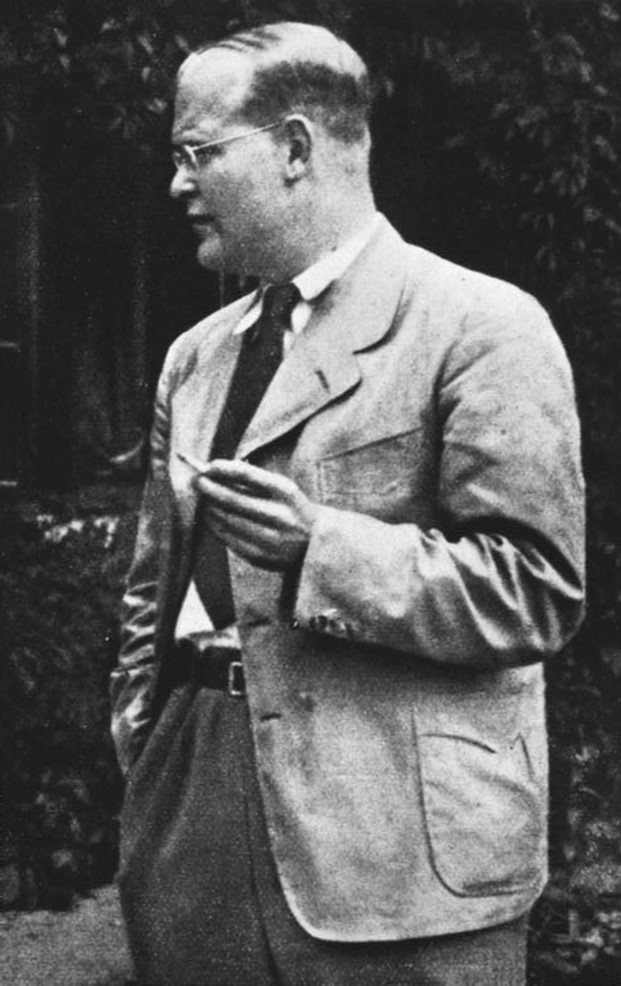
“The decisive point,” notes Dietrich Bonhoeffer, “is that this question suggests to man that he should go behind the Word of God and establish what it is by himself, out of his understanding of the being of God.… Beyond this given Word of God the serpent pretends somehow to know something about the profundity of the true God who is so badly misrepresented in this human word.” The serpent claims a path to the knowledge of the real God behind the Word. It is not atheism that is introduced by the serpent but idolatrous religion, says Bonhoeffer. “The wolf in sheep’s clothing, Satan in an angel’s form of light: this is the shape appropriate to evil.” This will be the doubt that Satan will introduce through false religion through the ages:
“Did God say?” That plainly is the godless question. “Did God say,” that he is love, that he wishes to forgive our sins, that we need only believe him, that we need no works, that Christ has died and has been raised for us, that we shall have eternal life in his kingdom, that we are no longer alone but upheld by God’s grace, that one day all sorrow and wailing shall have an end? “Did God say,” thou shalt not steal, thou shalt not commit adultery, thou shalt not bear false witness … did he really say it to me? Perhaps it does not apply in my particular case? “Did God say,” that he is a God who is wrathful towards those who do not keep his commandments? Did he demand the sacrifice of Christ? I know better that he is the infinitely good, the all-loving father. This is the question that appears innocuous but through it evil wins power in us, through it we become disobedient to God.… Man is expected to be judge of God’s word instead of simply hearing and doing it.

Michael Horton, Pilgrim Theology: Core Doctrines for Christian Disciples (Grand Rapids, MI: Zondervan, 2012), 143.
